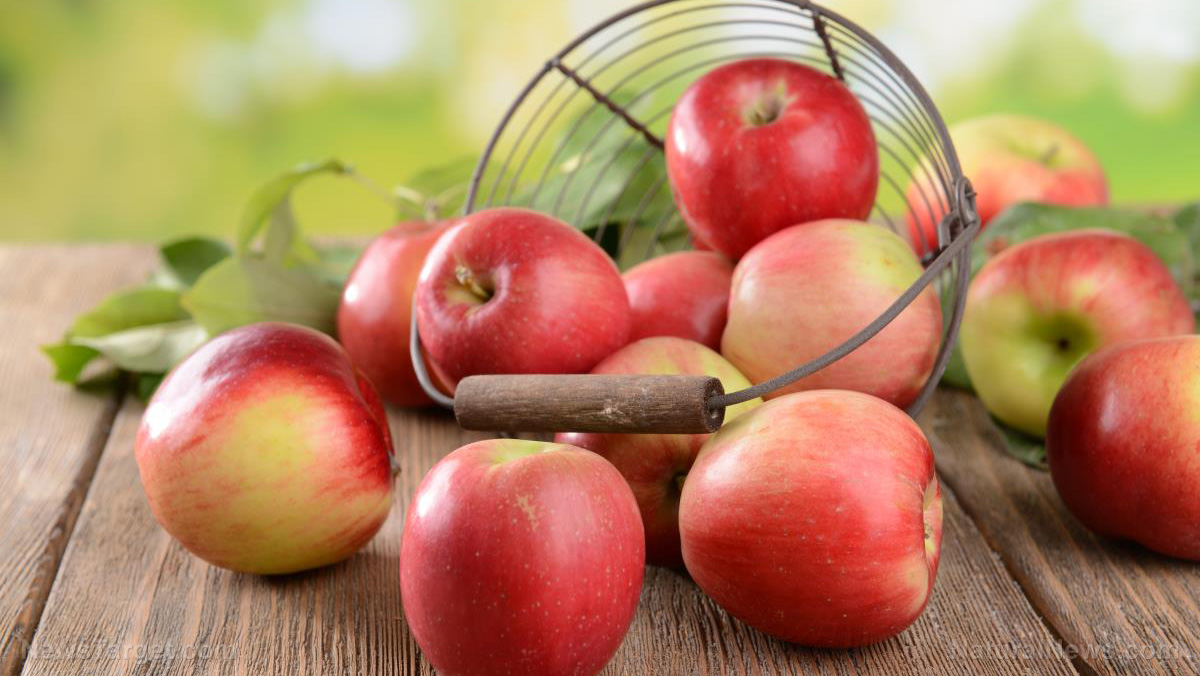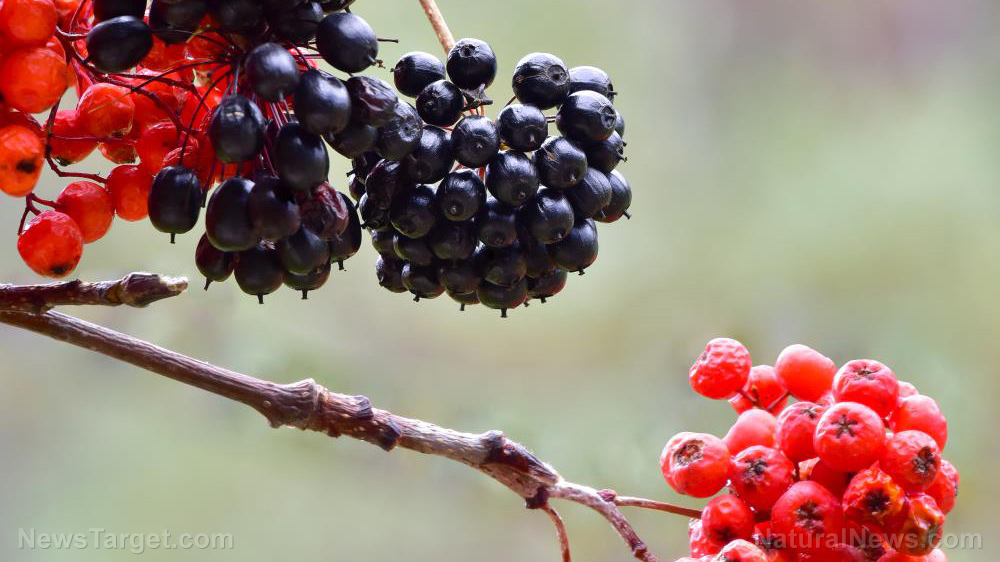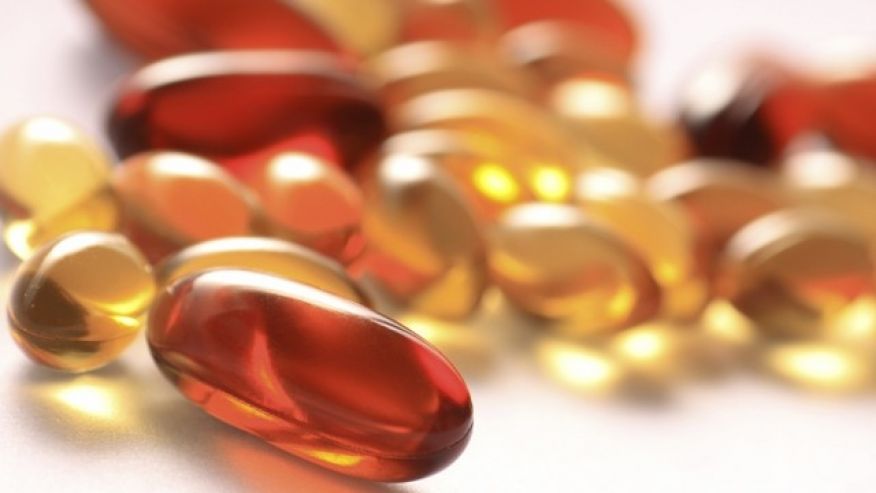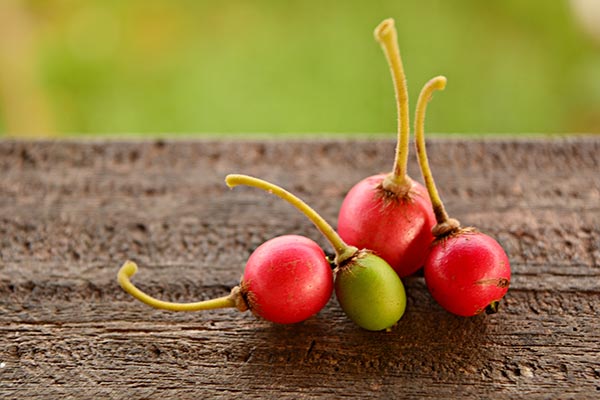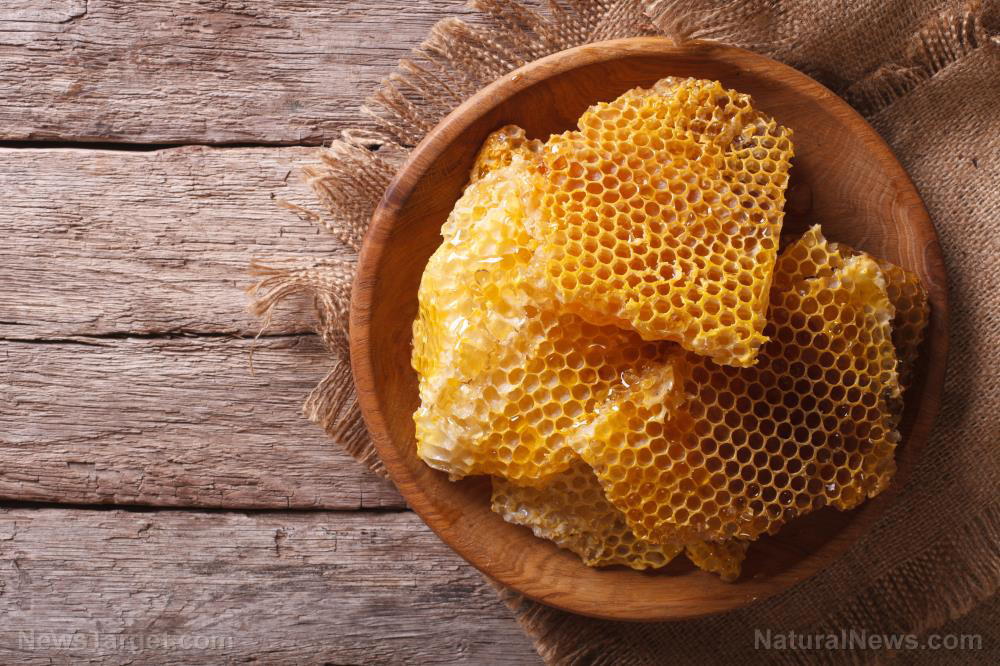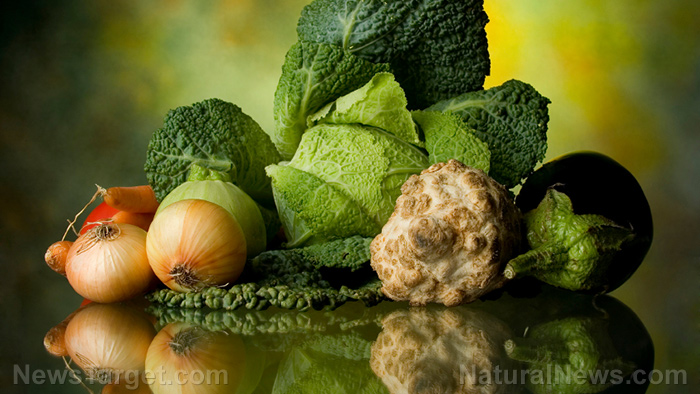Health experts discuss the supplements they take and why – are they right for you?
01/20/2018 / By Zoey Sky

Despite Big Pharma naysayers, the health benefits offered by supplements are backed by scientific facts. However, it can be daunting when you’re trying to decide which of the 29,000 supplements that the Food and Drug Administration (FDA) has approved is right for you.
In an article published in the Daily Mail, experts narrowed down the choices to provide you with a list of scientist-approved supplements that can improve your health.
- Omega-3 fatty acids, as suggested by Haleh Moravej, senior lecturer in nutritional sciences, Manchester Metropolitan University. Omega-3 can help improve “brain function, prevent mood disorders, and help to prevent Alzheimer’s disease.” A healthy adult needs at least a minimum of 250-500 milligrams (mg) of omega-3 daily. This fatty acid, which is necessary for “for brain development and mental health,” comes in two forms: eicosapentaenoic acid (EPA) and docosahexaenoic acid (DHA) and is mostly found in fish. Alpha-linolenic acid (ALA), another kind of omega-3, is found in plant-based foods like nuts and seeds. (Related: Battle mental and physical fatigue with these science-backed supplements.)
- Prebiotic, as suggested by Neil Williams, lecturer in exercise physiology and nutrition, Nottingham Trent University. Prebiotics can increase the growth and activity of beneficial bacteria in the gut and prebiotics can lower inflammation. Prebiotics can also boost an individual’s immune function, metabolic syndrome, and mineral absorption.
- Probiotic, as suggested by Justin Roberts, senior lecturer in sport and exercise nutrition, Anglia Ruskin University. Diverse beneficial gut bacteria are necessary to maintain physical and mental health, but a poor diet can upset the balance of bacterial species. Gut health can be boosted with the consumption of dietary probiotics like live bacteria and yeasts which can be found in yogurt, kefir, and kombucha.
- Turmeric, as suggested by Simon Bishop, lecturer in public health and primary care, Bangor University. In traditional Indian medicine (or Ayurveda), turmeric is used for its anti-inflammatory properties. It also contains a substance called curcumin, which can help protect against different diseases such as “rheumatoid arthritis, cardiovascular disease, dementia, and some cancers.”
- Vitamin D, as suggested by Graeme Close, professor of human physiology, Liverpool John Moores University. Since our bodies can only synthesize vitamin D once we’ve been exposed to enough sunlight, those who live in areas with colder climates or spend more time indoors might develop a deficiency. Take vitamin D supplements to prevent deficiencies, which can weaken the immune system, diminish muscle function and regeneration, and even cause depression.
If you’re on the fence about taking supplements, consider Tim Spector’s suggestion. Spector, who is a professor of genetic epidemiology at King’s College London, advocates a diet full of fruits and vegetables. He adds that when it comes to supplements, one must be careful in case of an overdose, which can outweigh their benefits (like calcium and vitamin D).
Spector concludes that if you have the means to forego supplements, which are synthetic products, eat lots of fruits and vegetables instead. Natural food is still the best source of “nutrients, microbes, and vitamins” that we need to stay healthy.
Natural sources of foods rich in vitamins and minerals
This list of vitamin- and mineral-rich foods can complement any natural supplements that you decide to take:
- Vitamin A – Boosts immunity, reproductive behaviors, and vision. Vitamin A can be found in sweet potatoes, spinach, fish, milk, eggs, and carrots.
- Vitamin B12 – Vitamin B12 promotes “healthy nervous-system function” and the formation of DNA and red blood cells. It can be found in cooked clams, beef liver, trout, salmon, and tuna.
- Vitamin C – Vitamin C, an important antioxidant, also aids some key bodily processes like protein metabolism and the synthesis of neurotransmitters. It can be found in sweet red peppers, oranges, orange juice, kiwi fruit, broccoli, Brussels sprouts, and cantaloupe.
You can learn more about natural remedies and other supplements at Cures.news.
Sources include:
Tagged Under: Alzheimer's, arthritis, cancer, curcumin, dietary supplements, fruits and vegetables, gut bacteria, heart disease, longevity, Microbes, natural food, nutrients, nutrition, omega-3 fatty acids, prebiotics, prevention, probiotics, supplements, turmeric, vitamin D, vitamin D deficiency, vitamins
RECENT NEWS & ARTICLES
COPYRIGHT © 2017 PREVENT CANCER NEWS


